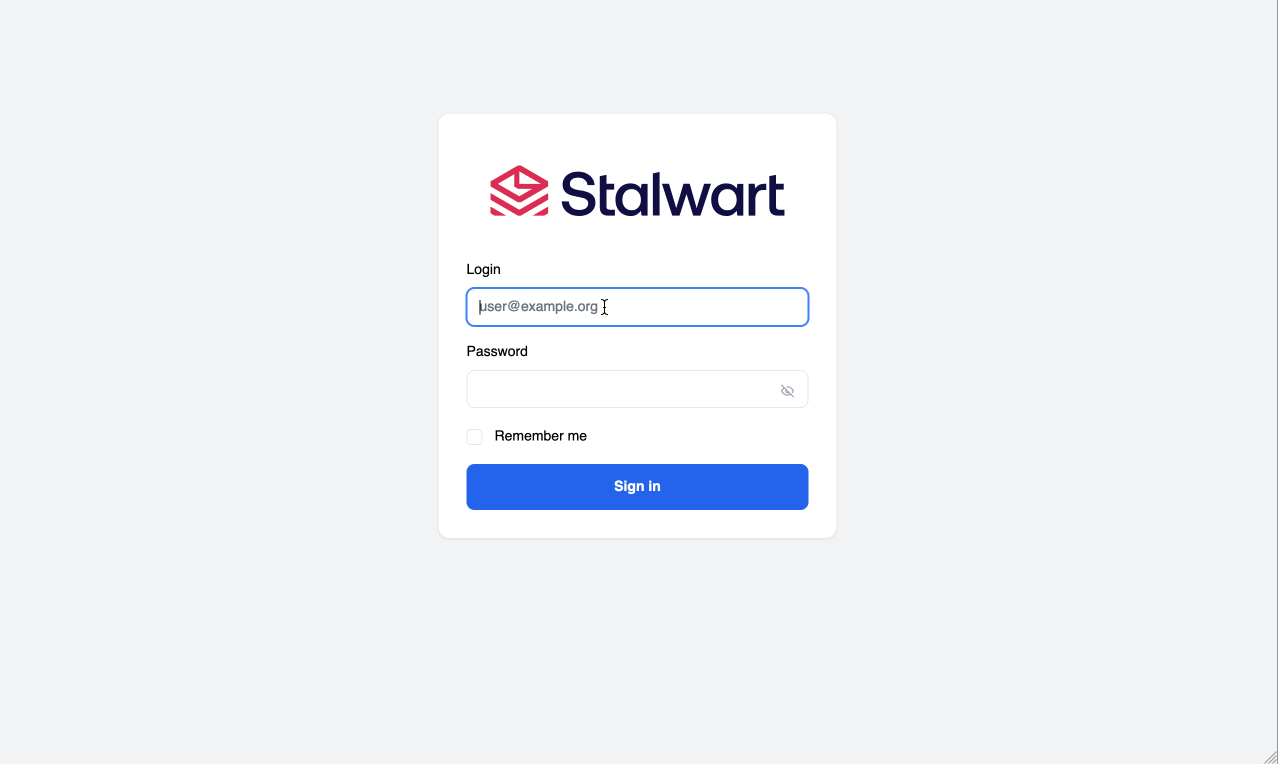Email security is a critical aspect of digital communication, especially given the rising sophistication of cyber threats. DomainKeys Identified Mail (DKIM) and Authenticated Received Chain (ARC) are standards designed to ensure the authenticity and integrity of emails. However, as discovered by analysts at Zone.eu, vulnerabilities in the DKIM standard could undermine these protections, affecting billions of users worldwide.
Introduction to DKIM and ARC
DKIM provides an email authentication method that allows an organization to take responsibility for a message in transit. The standard uses cryptographic signatures to verify that an email has not been altered since it was originally sent. ARC, on the other hand, is an email authentication system designed to provide a way to preserve email authentication results across subsequent intermediaries that might modify the message, thus extending the benefits of DKIM.
The Exploit Revealed
The vulnerability uncovered by Zone.eu revolves around the DKIM's "l=" parameter, which specifies the exact number of octets in the body of the email that are signed. This can be exploited by attackers who can append additional content to the message without affecting the validity of the DKIM signature. This oversight can lead emails with forged content to still appear as authenticated, deceiving both email systems and end-users, especially when visual trust indicators like BIMI are employed.
Stalwart’s Response to the Exploit
Recognizing the gravity of this exploit, Stalwart Mail Server has taken decisive steps to mitigate this risk and reinforce the security of email communications for its users. Initially, in Stalwart's implementation of DKIM and ARC, the option to set a signature length was disabled by default, which was a preventive measure against potential misuse. To further strengthen security in light of the new findings, Stalwart has now entirely removed the ability to specify signature lengths in both DKIM signatures and ARC seals. This change ensures that users cannot accidentally enable this feature, which could lead to vulnerabilities.
Furthermore, Stalwart has enhanced its validation processes. Both DKIM signatures and ARC seals are now verified in strict mode exclusively. Stalwart will not validate any signatures or seals that include a length parameter (the "l=" tag). Instead, these will receive a neutral result, meaning they neither pass nor fail the verification process but are flagged for potential risk. This approach aligns with best practices recommended in the wake of the exploit's discovery and is designed to prevent similar types of vulnerabilities from being exploited.
Conclusion
Stalwart Mail Server's response illustrates a proactive and security-conscious approach, ensuring that our users remain protected against emerging threats. By eliminating the option to specify signature lengths and enforcing strict validation standards, Stalwart continues to be at the forefront of safeguarding email communications against evolving cyber threats.
We extend our thanks to the researchers at Zone.eu for their diligence in uncovering this significant security concern, thereby contributing to the broader effort of enhancing email security across the globe.


